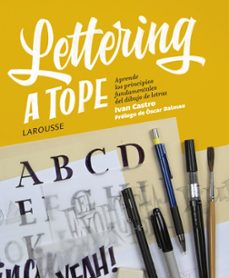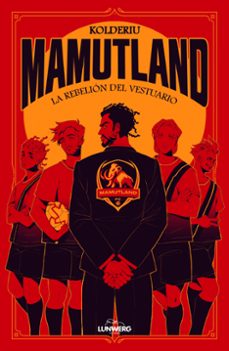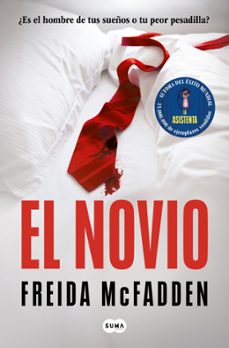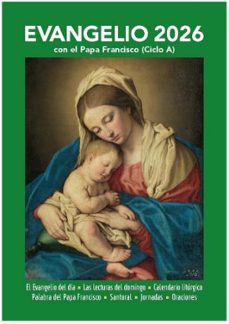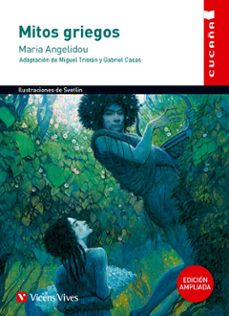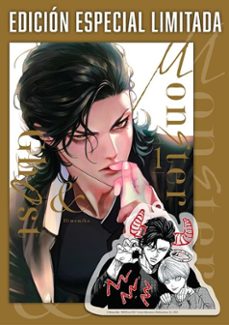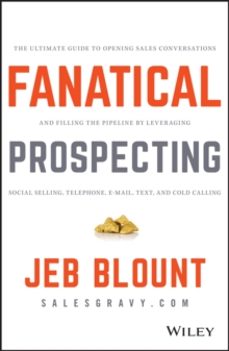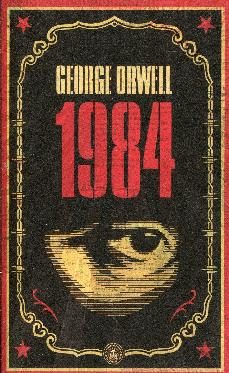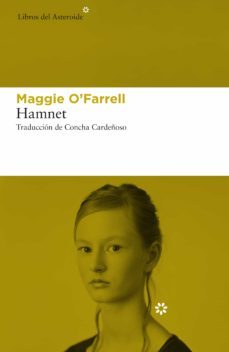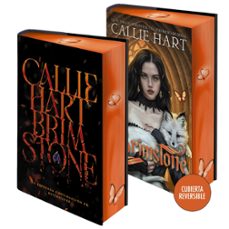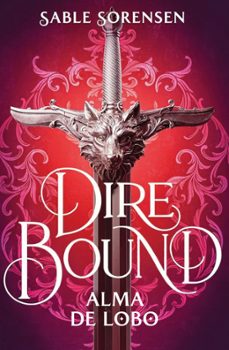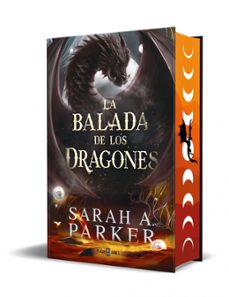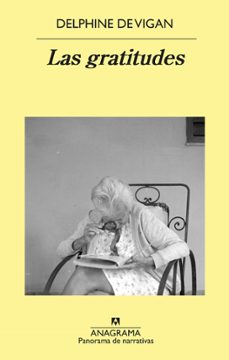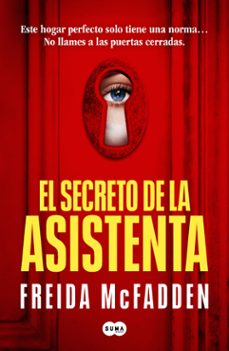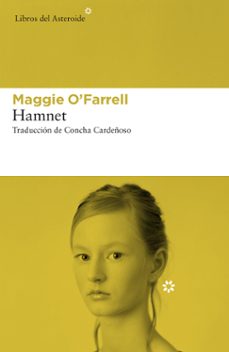📗 Libro en inglés TO PAINTING: POEMS BY RAFAEL ALBERTI (BILINGUAL EDITION
NORTHWESTERN UNIVERSITY PRESS- 9780810117259
Sinopsis de TO PAINTING: POEMS BY RAFAEL ALBERTI (BILINGUAL EDITION
Each of the poems in this book is inspired by one of three different elements of painting: the painter, the colors, or the instruments used in creating the painting. The poems on colors take the form of numbered lists, each item of which names either a use to which a certain painter has put the particular color, a specific shade taken by the color in painting or in nature, or an association the poet has with the color. Sometimes the items are written in Alberti''s voice, but just as often it is the color addressing the reader, sketching its own self-portrait. The poems dedicated to the various tools a painter uses take the form of traditional sonnets. Each sonnet begins with the words "To you" and is written as a sort of extended toast to instruments and concepts like the paintbrush, the palette, proportion, and perspective. The third group of poems, those dedicated to painters, is dramatically varied. Almost every poem takes a different form, as Alberti imitates through his words the style of the painter he is addressing. "Giotto," for example, is written as a medieval lauda, while "Picasso" - a tribute to Alberti''s longtime friend and the painter to whom he dedicates this book - is freeform, with words spaced over the page in an unconventional manner. In this bilingual edition, the poems in their original Spanish are presented alongside the English translations.
Ficha técnica
Traductor: Carolyn L. Tipton
Editorial: Northwestern University Press
ISBN: 9780810117259
Idioma: Inglés
Número de páginas: 252
Tiempo de lectura:
5h 10m
Encuadernación: Tapa blanda
Fecha de lanzamiento: 17/10/2002
Año de edición: 1999
Plaza de edición: Illinois
Especificaciones del producto
Escrito por Rafael Alberti
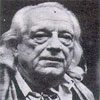
Rafael Alberti nació en El Puerto de Santa María (Cádiz) en diciembre de 1902 y falleció en la misma localidad en octubre de 1999. Obtuvo el Premio Nacional de Literatura con su primer libro de poesía, Marinero en tierra (1925). Entre su extensa obra poética cabe destacar Cal y canto (1927), Sobre los ángeles (1928), Sermones y moradas (1930), Entre el clavel y la espada (1941), Retornos de lo vivo lejano (1945), A la pintura (1948), Roma, peligro para caminantes (1968), Desprecio y maravilla (1972), Fustigada luz (1980), Versos sueltos de cada día (1982) y Canciones para Altair (1989). Autor de los tres volúmenes de memorias titulados La arboleda perdida (1959, 1987 y 1996), así como de Imagen primera de… (Seix Barral, 1999), Prosas encontradas (edición aumentada, Seix Barral, 2000) y de numerosas obras teatrales. Recibió el Premio Cervantes en 1983.
Descubre más sobre Rafael Alberti Recibe novedades de Rafael Alberti directamente en tu email
Opiniones sobre TO PAINTING: POEMS BY RAFAEL ALBERTI (BILINGUAL EDITION
¡Sólo por opinar entras en el sorteo mensual de tres tarjetas regalo valoradas en 20€*!
